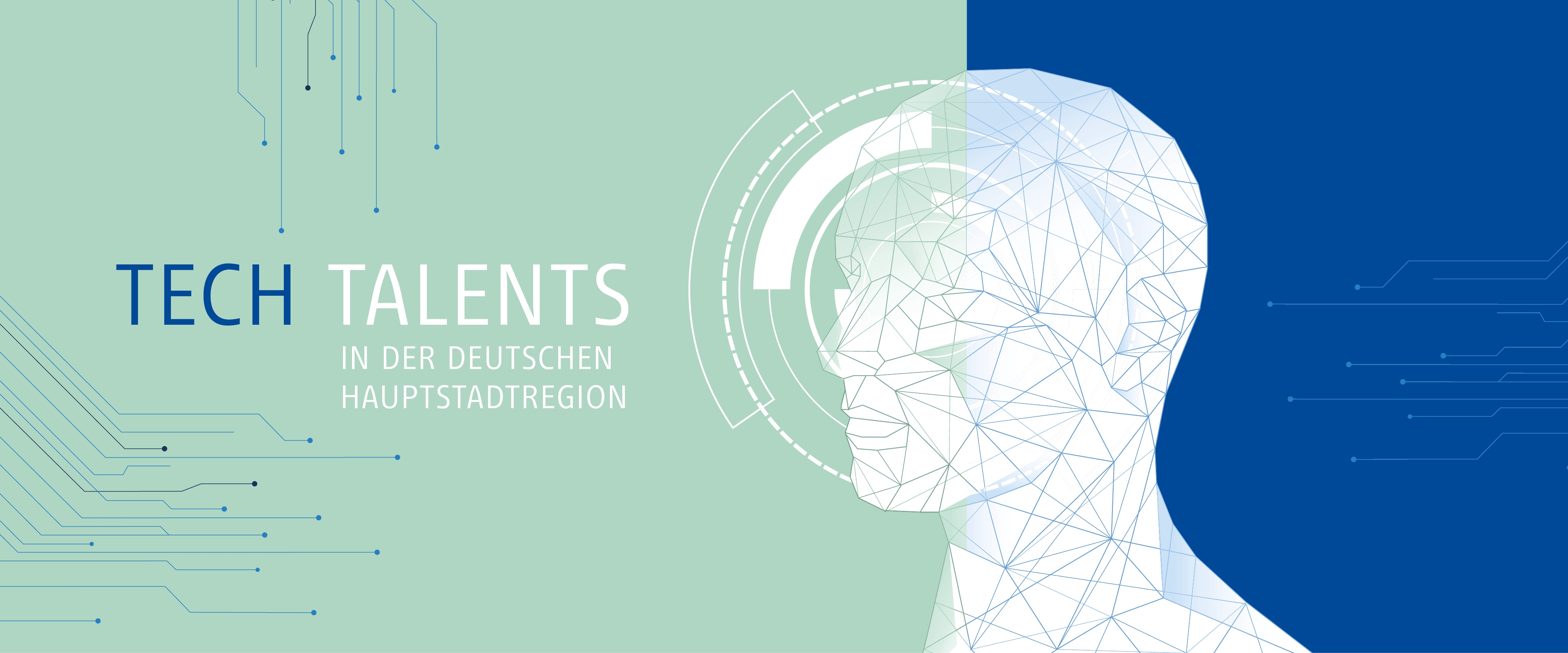The capital region has become one of the most important locations for technology and artificial intelligence (AI). This is shown by a recent evaluation conducted by the professional network Linkedin together with the Berlin Senate Department for Economics, Energy and Operations as well as the economic development agencies from Berlin and Brandenburg, the Berlin Chamber of Industry and Commerce and the Technology Foundation Berlin.
The study looks at a total of 727,000 Linkedin members in the Berlin-Brandenburg capital region.
Just under 50 percent of the 727,000 LinkedIn members in the capital region have digital professional and application skills. Three percent of these (approx. 8,000) are AI professionals, of whom even more than one-third state that they were also trained in Berlin. However, there is an imbalance in the gender breakdown. Women make up only 37 percent of employees with digital skills. In the field of AI, the figure is as low as 16 percent.
Tech talent in high demand
47 percent of all LinkedIn members in Berlin cite some form of digital competence - the same number as in Munich. While Berlin leads the way in application skills with 42 percent, Munich is one percentage point ahead of Berlin in the area of professional skills with 35 percent. After Berlin and Munich, Hamburg (42 percent), Frankfurt (41 percent) and Stuttgart (39 percent) are the cities with the largest share of digitally trained professionals.
Demand for digital skills has risen by 20 percent in Berlin since 2016. Whereas in 2016, 52 percent of all members who changed jobs had digital skills, in 2018 the figure was already 62 percent. This is also due to the fact that the fastest-growing employers (by number of employees) are from the tech sector. The top 5 are Zalando, N26, Wayfair, Auto1 and Delivery Hero. Software engineer is the most sought-after job title in Berlin.
Important AI training location
According to the LinkedIn analysis, 45,000 AI specialists work in Germany. 18 percent of them work in Berlin; only Munich employs more AI specialists, at 19 percent. Frankfurt follows behind with 10 percent. The share in Berlin is also likely to improve in perspective, as the second-largest industry in which AI professionals work is "education and research" with 20 percent, behind "software and IT services" (50 percent).
In addition, at 38 percent, more than one-third of AI professionals were also trained in Berlin. In addition to the universities, private institutes such as the Hasso Plattner Institute and CODE University also provide the next generation of AI specialists in the capital region. The list also shows that AI no longer comes only from computer science or mathematics - the UdK also makes an appearance on the list. The results also show that AI is an international field: 37 percent of Berlin's AI professionals earned their degrees abroad. The remaining 24 percent come from other German locations.
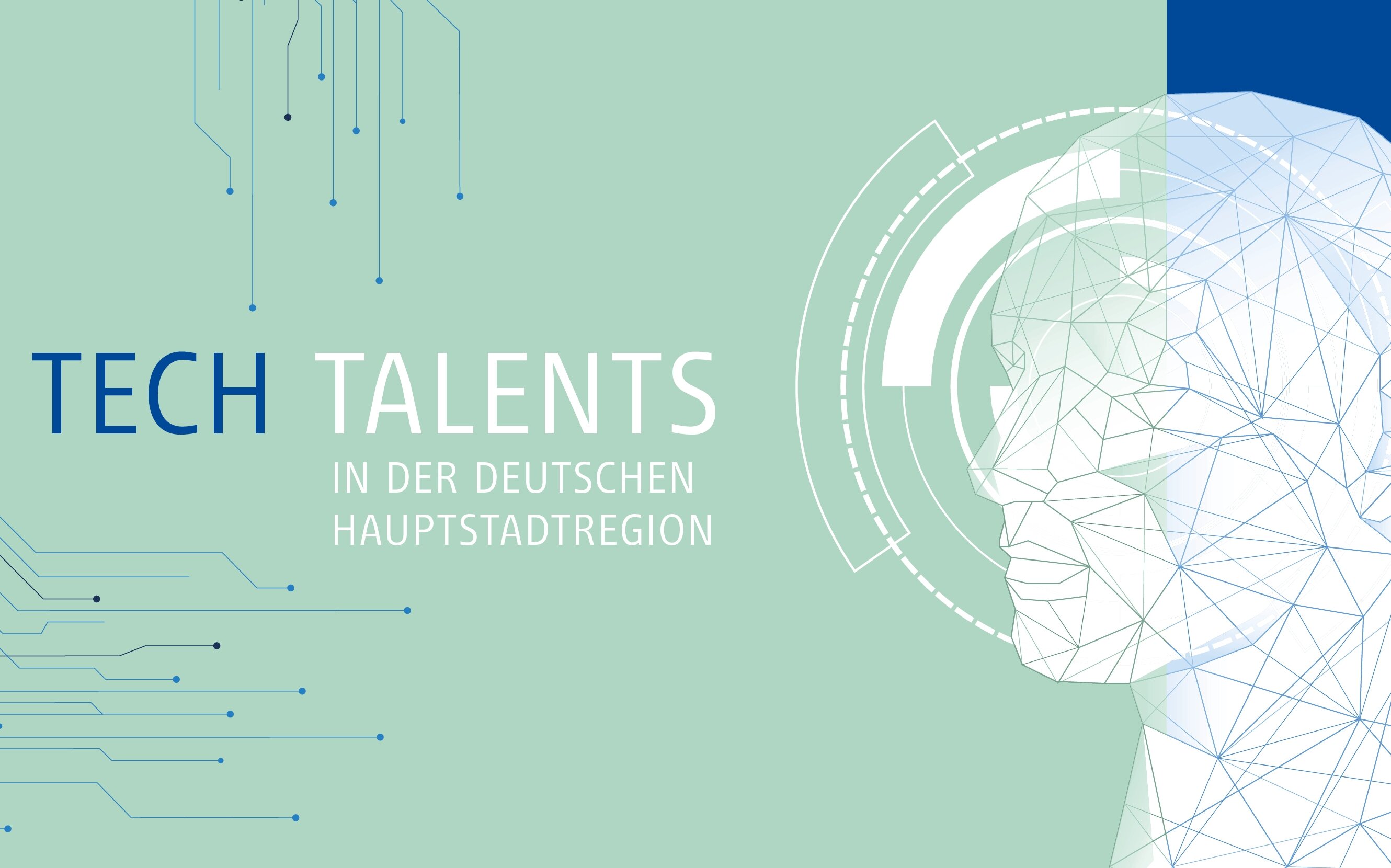




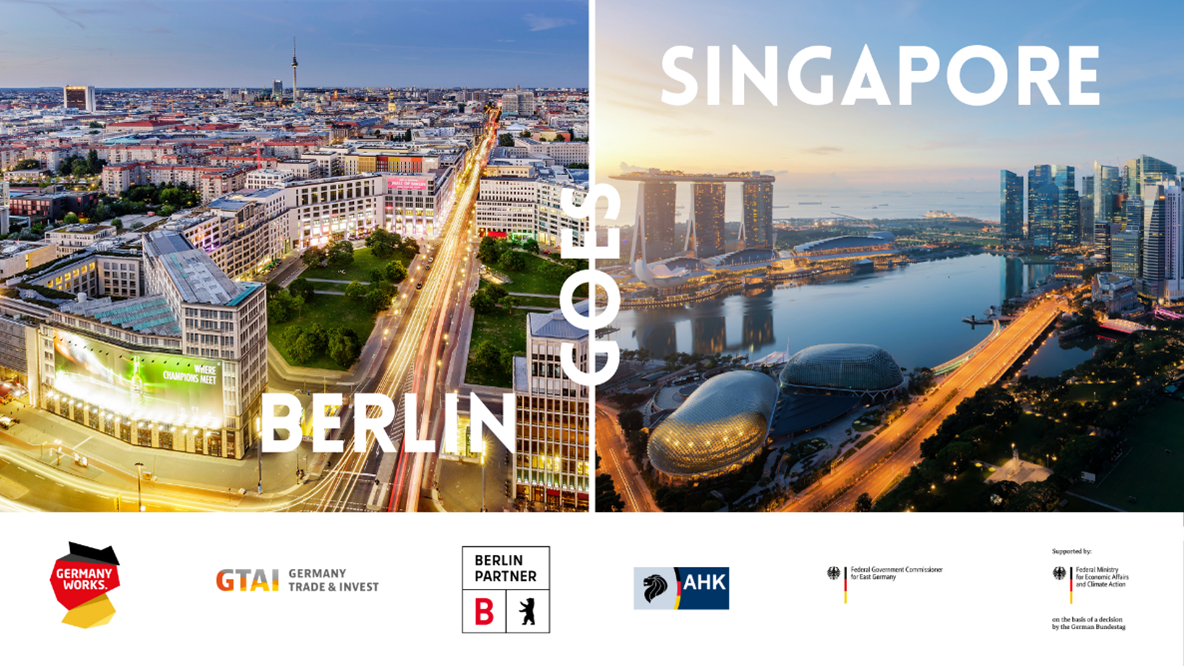


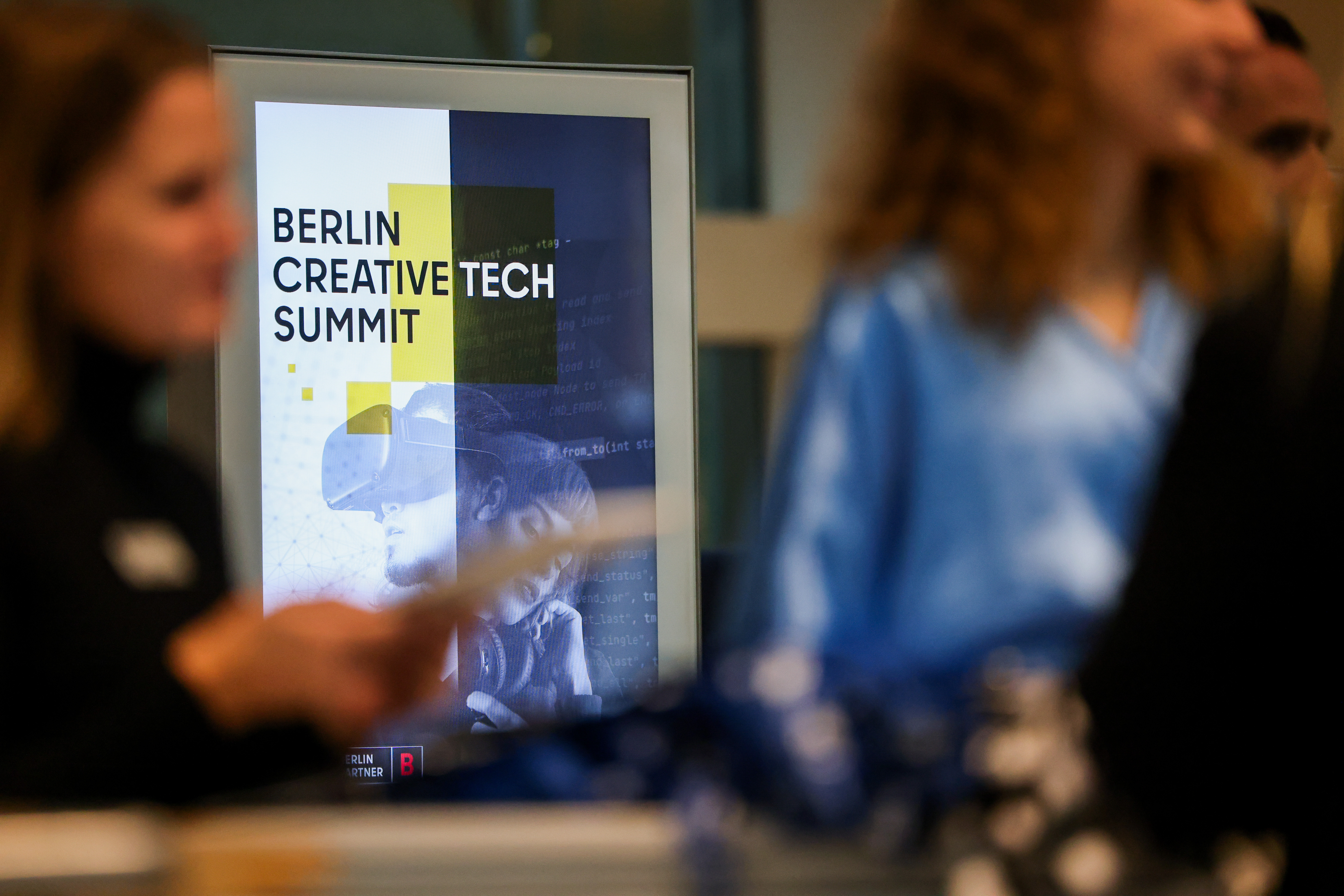

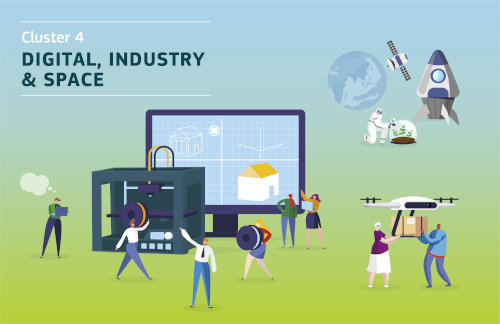
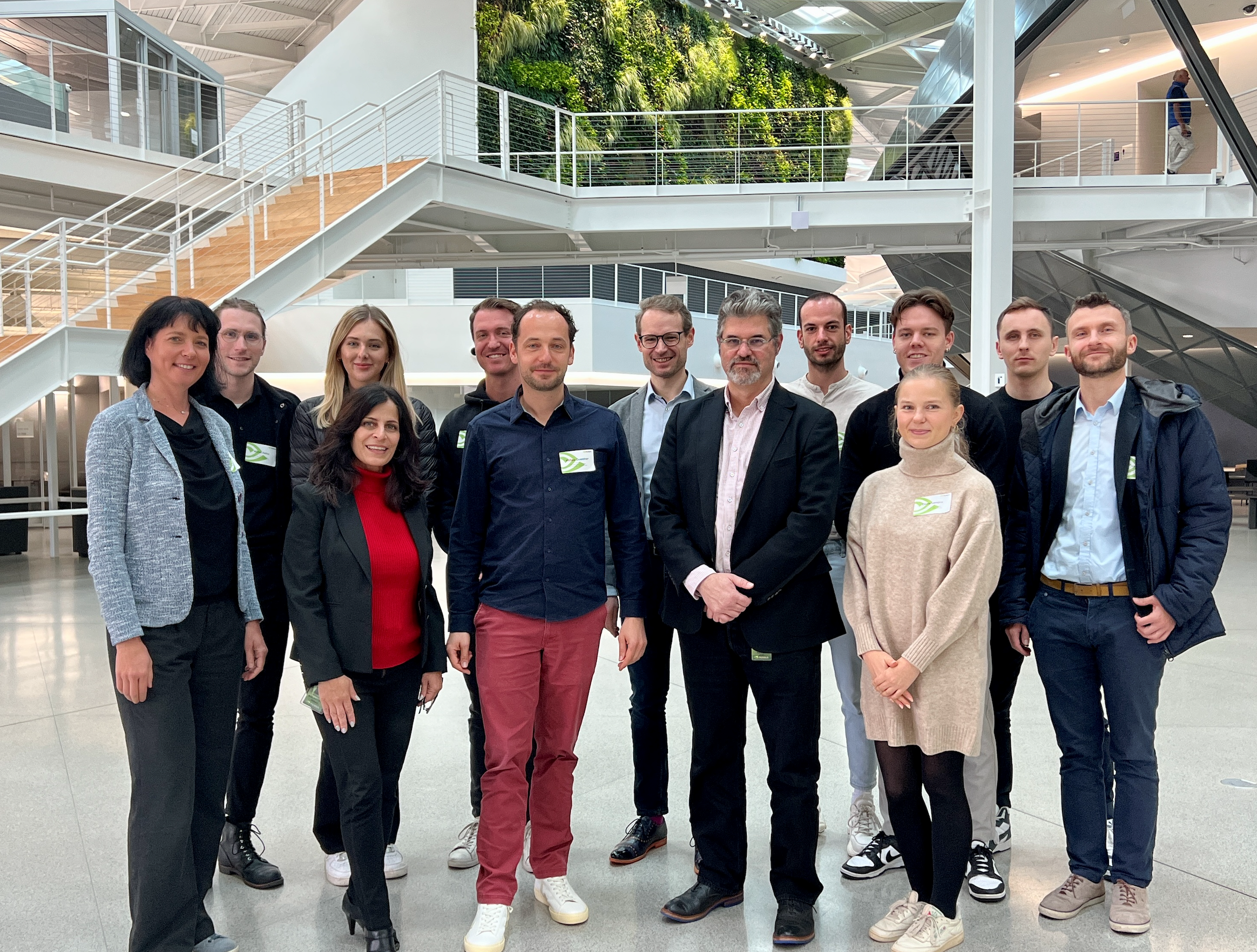

![[Translate to English:] [Translate to English:]](/fileadmin/user_upload/Partner/mr4b.jpg)
![[Translate to English:] MRT: Aufnahmen eines menschlichen Gehirns.](/fileadmin/user_upload/Scan-c-pexels-cottonbro.jpg)
![[Translate to English:] Studierende in einer Werkstatt](/fileadmin/user_upload/HTW_KI.jpg)
![[Translate to English:] Merantix Gründer: Zwei Männer sitzen auf einer Treppe.](/fileadmin/user_upload/MerantixFounders-c-viktor_strasse.jpg)
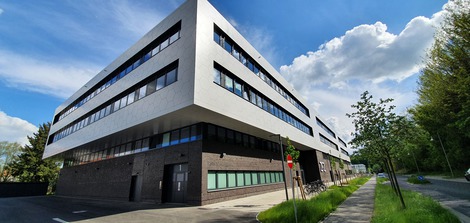
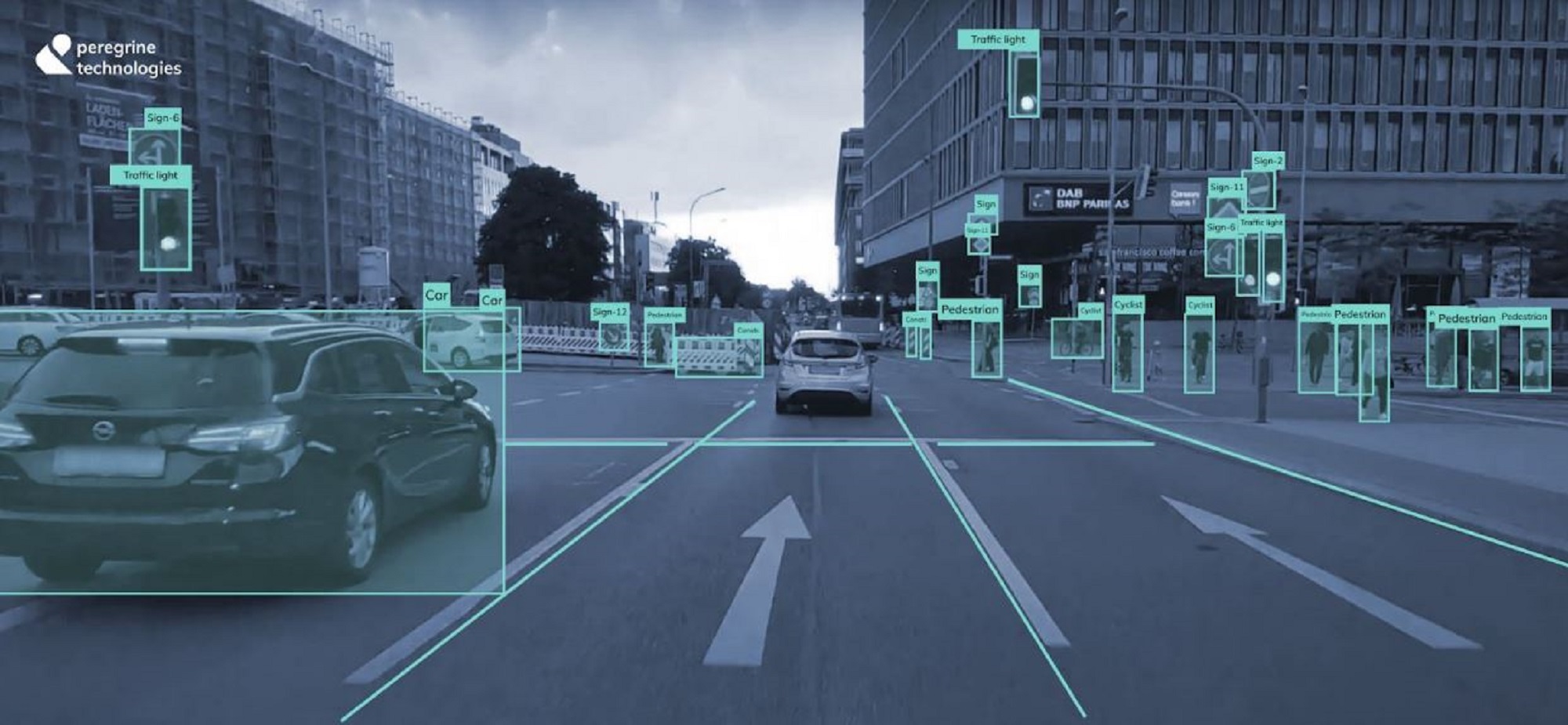
![[Translate to English:] © Pexels | Pixabay [Translate to English:] © Pexels | Pixabay](/fileadmin/user_upload/News/pexels-pixabay-210679_0.jpg)
![[Translate to English:] © SenWEB [Translate to English:] © SenWEB](/fileadmin/user_upload/News/Digitalstrategie_Berlin.jpg)

![[Translate to English:] © X-Visual Technologies](/fileadmin/user_upload/Erfolgsgeschichten/mr4b_header.jpg)

